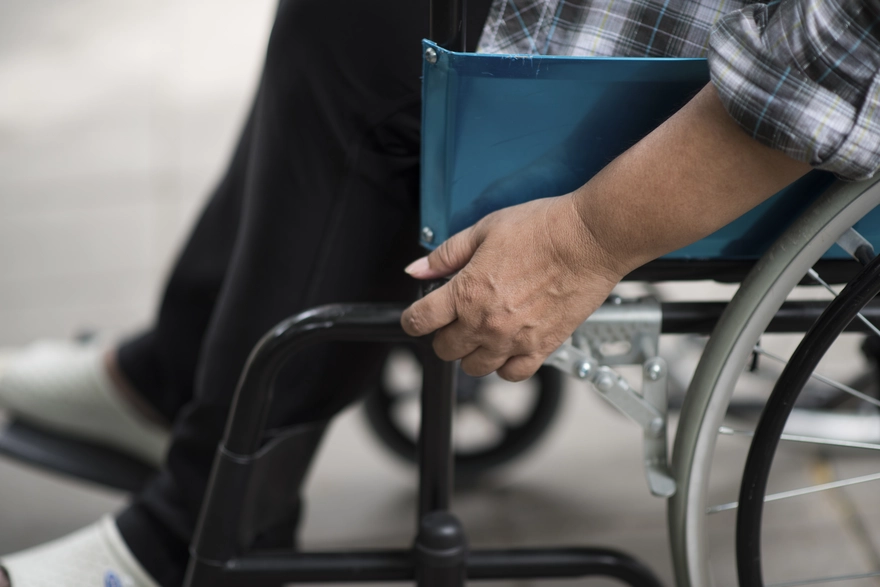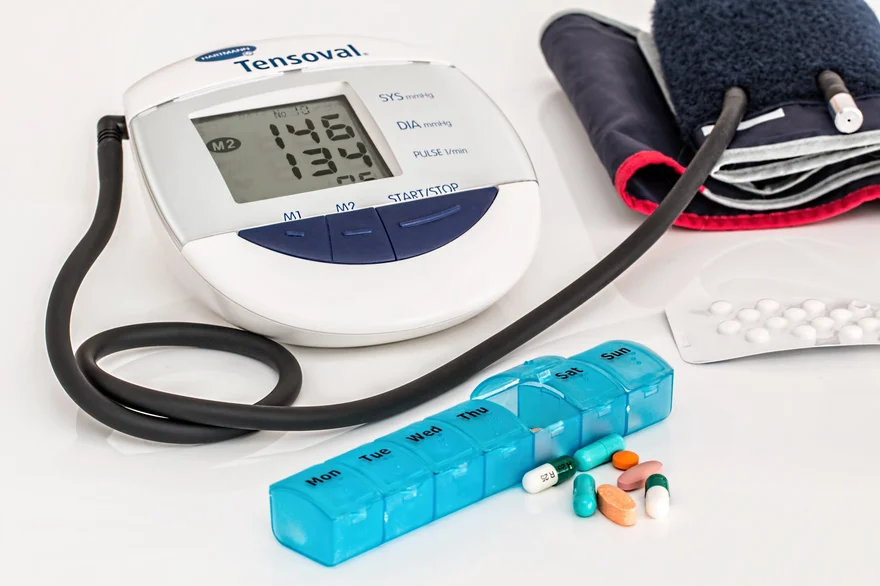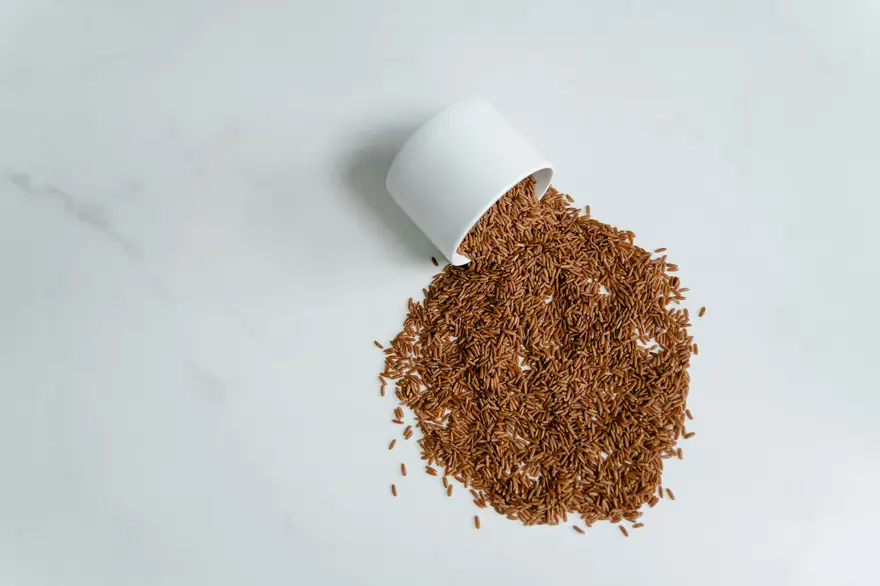Preventive Healthcare
Winter Health Myths: Debunking Common Cold Weather Beliefs
585 Views
0

What Are The Most Common Winter Health Myths, And Why Do They Exist?
Winter health myths often arise from cultural beliefs, personal anecdotes, and certain misunderstandings about the affects of cold weather on the body.
Common cold weather myths include the belief that cold weather directly causes colds or that wearing hats prevents most heat loss. These misconceptions persist because they are passed down through generations and may be based on partial truths.
For example, cold weather can weaken the immune system, it’s actually viruses, not cold air, that cause illness. Understanding the facts behind these myths helps people make informed health choices and take better care of themselves during winter.
Let's explore some of the most pervasive winter health misconceptions:
Myth 1: Cold air causes the common cold
This myth is one of the most widespread winter health myths. However, cold weather itself does not directly cause illness. The common cold and flu are primarily caused by viruses, such as rhinoviruses and influenza viruses. Cold temperatures do not cause illnesses directly, they create conditions that make virus transmission more likely:
- Colder temperatures can lower your immune response
- Increased indoor crowding facilitates the spread of viruses
- Dry indoor air can make respiratory passages more susceptible to infection
Myth 2: Exercise outdoors is dangerous in winter
This cold weather myth is false. Exercising outdoors in winter can be safe if you follow a few simple tips.
Here’s how to stay warm and healthy:
- Dress in Layers: Dress in layers. Begin with a thin layer that wicks away sweat, add a warm fleece layer, and finish with a waterproof layer. You can take off layers if it gets too hot.
- Warm Up: Warm up before exercising. Do some light stretches or gentle movements to get your body ready.
- Stay Hydrated: Drink water before, during, and after your workout, even if you don’t feel thirsty. Staying hydrated is important in cold weather too.
- Watch for Slippery Surfaces: Be careful of ice and snow. Wear shoes with good grip to avoid slipping.
- Check Your Health: If you have any health concerns or are new to exercise, talk to a healthcare professional for advice.
- Avoid Bad Weather: Don’t exercise in thunderstorms, prefer to stay indoors if it’s very cold. Always check the weather before heading out.
- Watch for Frostbite: Be alert for signs of frostbite, such as numbness or changes in skin color. If you suspect frostbite, see a doctor right away.
By following these tips, you can enjoy winter workouts safely and stay healthy.
Myth 3: Drinking alcohol warms you up
Drinking alcohol might make you feel warm temporarily, but it doesn’t raise your body temperature. In fact, alcohol can cause blood vessels to widen, leading to heat loss. This winter health myth is dangerous because it can lead people to underestimate the risks of hypothermia and frostbite.
Myth 4: Heart attacks aren't related to cold weather
This cold weather myth is not entirely accurate. Cold weather can actually increase the risk of heart attacks:
- The cold causes blood vessels to constrict, which increases blood pressure and puts extra strain on the heart.
- This is especially risky for people with existing heart conditions.
- Rapid changes in temperature can also worsen other issues, such as migraines and asthma.
Myth 5: Vitamin C prevents colds
While vitamin C supports immune function, there isn’t a strong evidence that it prevents colds. Taking vitamin C regularly can shorten cold symptoms, helping you recover quicker. Too much vitamin C can cause upset stomach, and those with kidney issues should avoid supplements.
Pregnant women should consult their doctor before taking high doses. Most adults need 65 to 90 milligrams daily, easily obtained from fruits like oranges. Overall, while vitamin C can help reduce the length of colds, it’s not a sure way to prevent them, so try to include it in your diet for better immune health.
Myth 6: Women are colder than men
There’s no scientific evidence to back this winter health myth that women feel colder than men. Any differences in how people perceive cold temperatures are more likely influenced by factors like clothing choices, activity levels, and individual metabolism, rather than inherent gender traits.
Myth 7: You lose body heat through your head
This is another common cold weather myth. While wearing a hat is important for staying warm, the notion that 90% of body heat is lost through the head is incorrect. Heat loss is proportional to the exposed surface area of the body. The head accounts for only about 7% of the body's surface area.
Myth 8: Sunscreen isn't needed in the winter
This winter health myth is incorrect. Sunscreen is still important during the winter for several reasons:
- Up to 80% of the sun's rays can penetrate through clouds
- UVA rays are always present and can harm the skin, increasing the risk of skin cancer
- Snow can reflect sunlight, which can intensify UV exposure
Myth 9: Don't worry about allergies until spring
Winter allergies are a real concern, particularly due to increased exposure to indoor allergens like dust mites, mould, and pet dander when spending more time indoors. Symptoms can include a scratchy throat, runny nose, and watery eyes, which might be mistaken for a cold. Maintain a clean environment and use air purifiers to manage these winter allergies.
Frequently Asked Questions
Does eating more in winter help keep you warm?
Eating more in winter does not directly help keep you warm. While consuming calories is essential for energy production, the idea that eating more food will significantly increase body temperature is a winter health myth. Appropriate clothing, layered dressing, and maintaining a balanced diet are more effective ways to stay warm.
Are heart attacks more common during winter?
Yes, heart attacks can be more common during winter. As the cold weather can increase blood pressure and put additional strain on the heart, increasing the risk for individuals with pre-existing heart conditions.
Is it true that going outside with wet hair can make you sick?
No, going outside with wet hair doesn't directly make you sick. However, being wet and cold can cause discomfort and temporarily weaken your immune system, making it a bit easier for a virus to take hold. It is wise to dry your hair properly and dress appropriately to stay comfortable and reduce the risk of getting sick.
Conclusion
Understanding the truth behind common winter health myths is crucial for maintaining good health during the colder months. By debunking these cold weather myths, we can make informed decisions and focus on the evidence-based methods to stay healthy and comfortable. While cold weather can affect health in different ways, many beliefs about winter illnesses are just myths.
If you have concerns about your health during winter, it's always best to consult with a healthcare professional. Metropolis Healthcare, a leading chain of diagnostic labs across India, offers accurate pathology testing and health check-up services to help you stay on top of your well-being. With a team of qualified blood collection technicians who make at-home visits and convenient online reporting via email and the user-friendly Metropolis TruHealth app, prioritising your health has never been easier.























 WhatsApp
WhatsApp